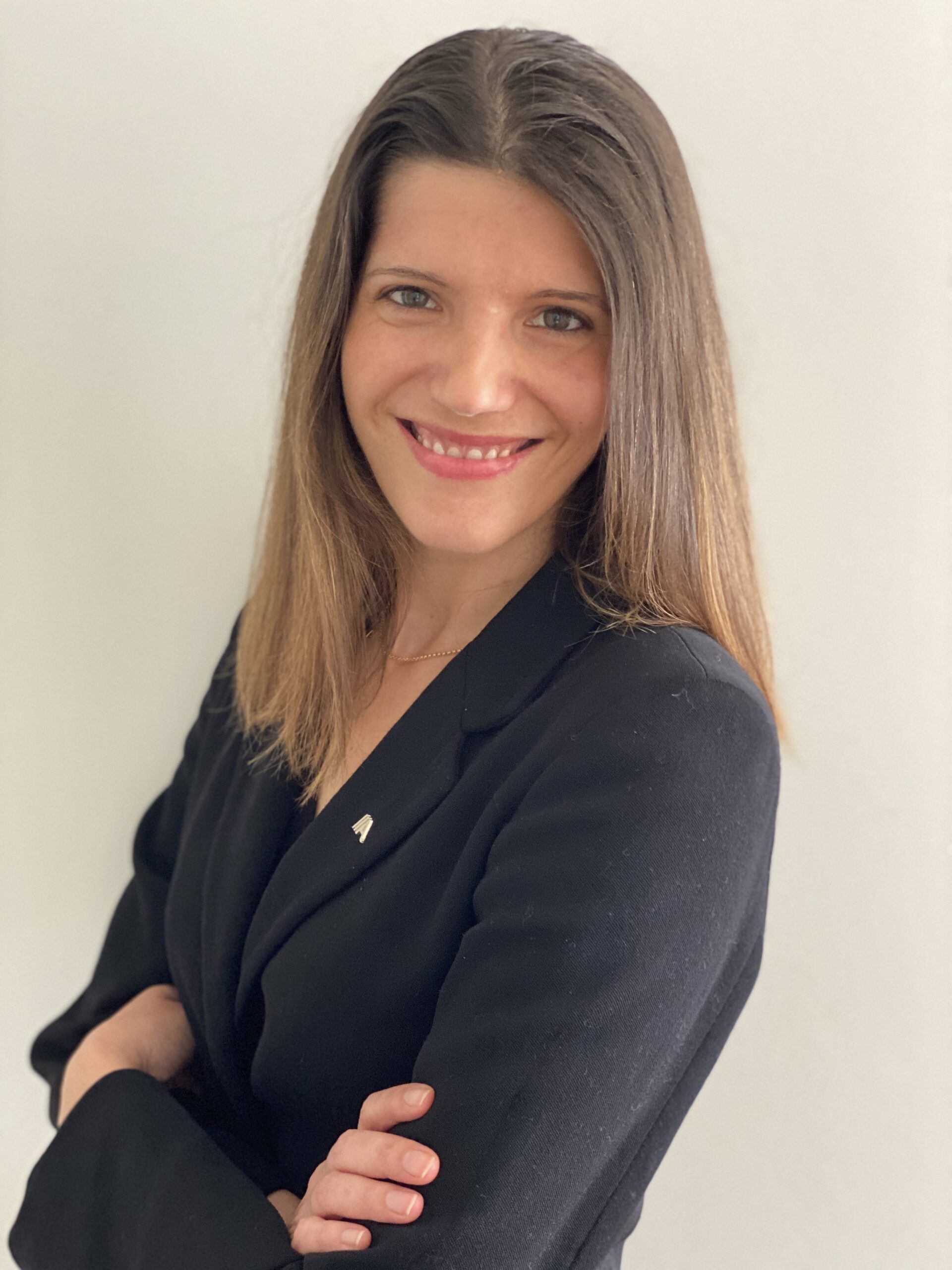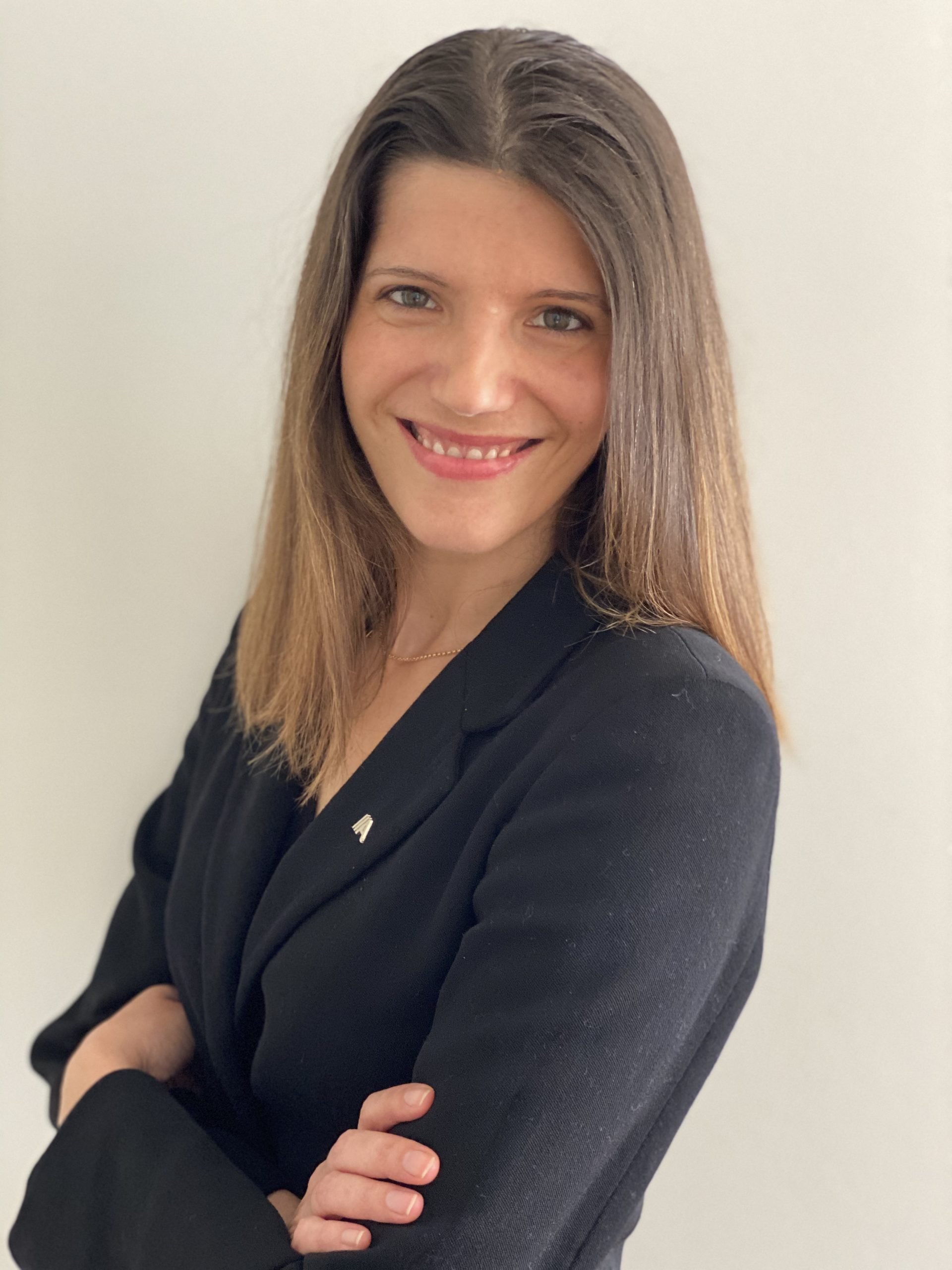In the eye of the storm

With the first semester of 2020 almost over, banks are preparing for an unprecedented global financial crisis throughout the rest of the year. The COVID-19 pandemic continues to affect the markets and the worst is yet to come. Rita Rendeiro, Head of Legal and Compliance in ABanca Portugal, told Iberian Lawyer how this bank, which is fully digital, manages to balance itself between existing businesses and new market demands

With a small but multidisciplinary legal team, Rita works daily with the Spanish market and, although she knows that a market crash is expected, she is also convinced that the transactions will continue to take place.
The near future of ABanca Portugal will include the acquisition of EuroBic and its portfolio of 180 thousand clients, planned for the beginning of the second semester. In other words, the bank will become an even greater reference, even though the Iberian market is going through one of the biggest economic turmoils in history.
ABanca Portugal is a bank that works mainly online. During this pandemic, does this work in your favour?
Rita Rendeiro (RR) – That is fundamental. ABanca was a regional bank in Galicia that has expanded relatively quickly with several acquisitions, namely the Deutsche Bank in Portugal last year. It bets mainly on digitalization and has a flexible way of doing things. Our teams are integrated between Spain and Portugal, both countries, so we spend much of our time in video conferences. We already had experience here that allows us to handle this with an advantage.
When we bought Deutsche Bank, we inherited a business with a very strong private investment banking background for retail clients, and we already had a history of supporting corporate banking. Both are segments that lend themselves to this kind of contact with customers, to some digitization also. And that is our goal and one of the fundamental pillars of our activity.
How is the Iberian market dealing with the effects of this terrible situation?
RR – We can talk about Portugal and Spain together because, from the client’s point of view, it’s the same experience. Of course, the bank in Spain has a very different dimension, it is much bigger. It is also a very strong bank in the area of insurance and retail, in the area of credit to clients and companies. The fact that it is digital has helped a lot to maintain the bank’s competitiveness. In Spain, as in Portugal, banks have been considered essential services, as is understandable by the measures of the State of Emergency and, as in Portugal, Spain has kept all our agencies open with caution and social distancing. I want to say that this Spanish bank will become much more “Portuguese” with the acquisition of EuroBic. The way we work will remain the same, we will continue to have our product line, our portfolio of clients, retail services and companies, but we will assume another identity, an identity that has 180 thousand clients. This will happen already in the second semester of 2020.
How do you support your clients on a daily basis?
RR – We have a very competitive client portfolio. At this moment, we had to make an additional effort to stand by our clients so that they can continue their businesses and activities. Also, at the European level there has been great support, and the European and national regulators have greatly encouraged the banks to stand by their clients, by giving them tools and providing funding instruments, treasury support. We, in our range of treasury products, have put these products to work to the maximum extent possible to prevent our customers from being strangled and to prevent this crisis from disrupting their business.
What kind of tools?
RR – Measures that have been approved in a very short period of time and which have applied an enormous elasticity in the structures and procedures of banks. Every week, there are public and private moratoriums, support lines that change afterwards. And it is these instruments that we have been applying. As we are a growing bank, we have a manageable dimension, we can have a tailored service to our clients, and we pay attention to each one’s needs.
Do you believe these deals will take longer than usual to complete?
RR – The financial sector is a very agile one and I think we have seen that in the previous crisis. Economic sectors can be attacked, and they can suffer from lack of consumption, lack of internal consumption, lack of mobility but if there are concrete projects and there is a way to execute them, it’s possible to continue. We work a lot with external advisors, consultants and lawyers but so far, I don’t think that the lack of physical presence has been a delaying factor. Our shareholders and headquarters are in Spain, so even if we cancelled some trips and face-to-face meetings, it is very normal for this type of operation to happen mainly through online meetings. I think it’s working quite well. We have also hardly closed any branches. We have practically our whole network up and running. We are talking about 70 branches in Portugal, including the centres dedicated to Private Banking and Companies.
Among your clients, which sectors require the most attention?
RR – This is a reality with a very rapid mutation. Nowadays, if a car factory starts to make masks, it may change its revenue decreasing tendency. Of course, the automobile sector is affected because it is a sector that depends a lot on the mobility of people. On internal consumption like tourism, restaurants, and hotels, these are all sectors that are being very affected. There is no demand. Financial and real estate are sectors where there is still some business, but they have also suffered a big fall with the lack of investor confidence and closed borders. The sector that certainly does not feel the impact is the legal one because, at times like these, work has tripled.
Do you notice any drop in credit deals?
RR – Yes, there was a very strong initial impact not only on credit but also on investments. We are one of the largest distributors of funds to retail investors in Portugal and with the crisis in the markets, our clients also went through difficult times. We have to be aware that at this moment banks have to be on the side of the markets and their clients. There will be falls and credit problems and we have to apply the measures and instruments we have to overcome this moment with as few casualties as possible. We give credit within prudent valuation rules, we believe in our clients and their businesses and we know that this is a temporary misfortune. Even public messages have been in this direction and I think that this is the opportunity for banks to redeem themselves with this crisis. The first crisis in 2008 was destructive, this second will be redemptive for us, I want to believe.
It is a challenge to follow all changes and moratorium approvals and act accordingly. They have to be constantly updated. How is your team structured to follow this?
RR – We are an integrated team with areas of legal, compliance and the anti-money laundering. It is a multidisciplinary team, a young team of three, including myself, and two externals. I like that people are familiar with all areas, we are quite self-sufficient as a team.
Do you believe there can be austerity?
RR – This crisis is different and unprecedented. This is a matter of public health – there is a pandemic, a worldwide containment, economic activities are stalled…the projections that are already known about the GDPs of several countries leave no doubt about a huge crash. But there are so many uncertainties, I don’t know if a new generation will be born (the new baby boomers), if everyone will leave their homes to commute to work, to travel and to spend money, and if consumption will allow some recovery of what is left behind.
What you are saying is that it’s not worth making pessimistic predictions?
RR – I think we have to be vigilant and be quick to act. Also, there is still no clear visibility of the future.
Article by Patricia Cardoso.
To read the article in full please download issue N.94 here












